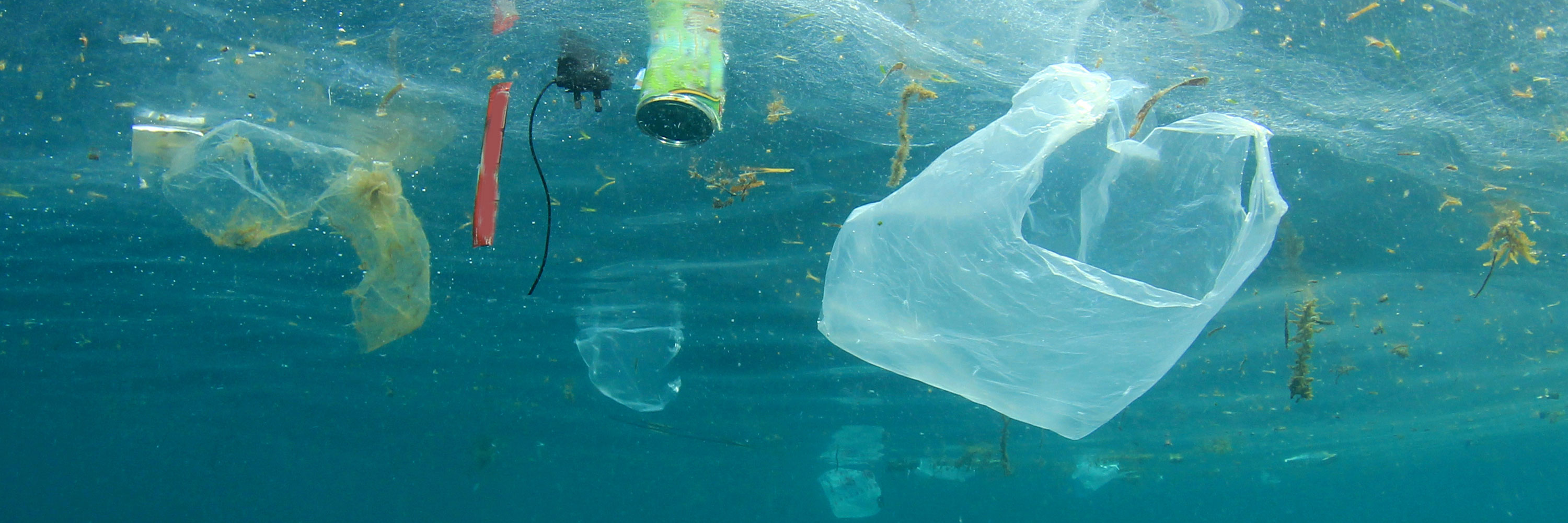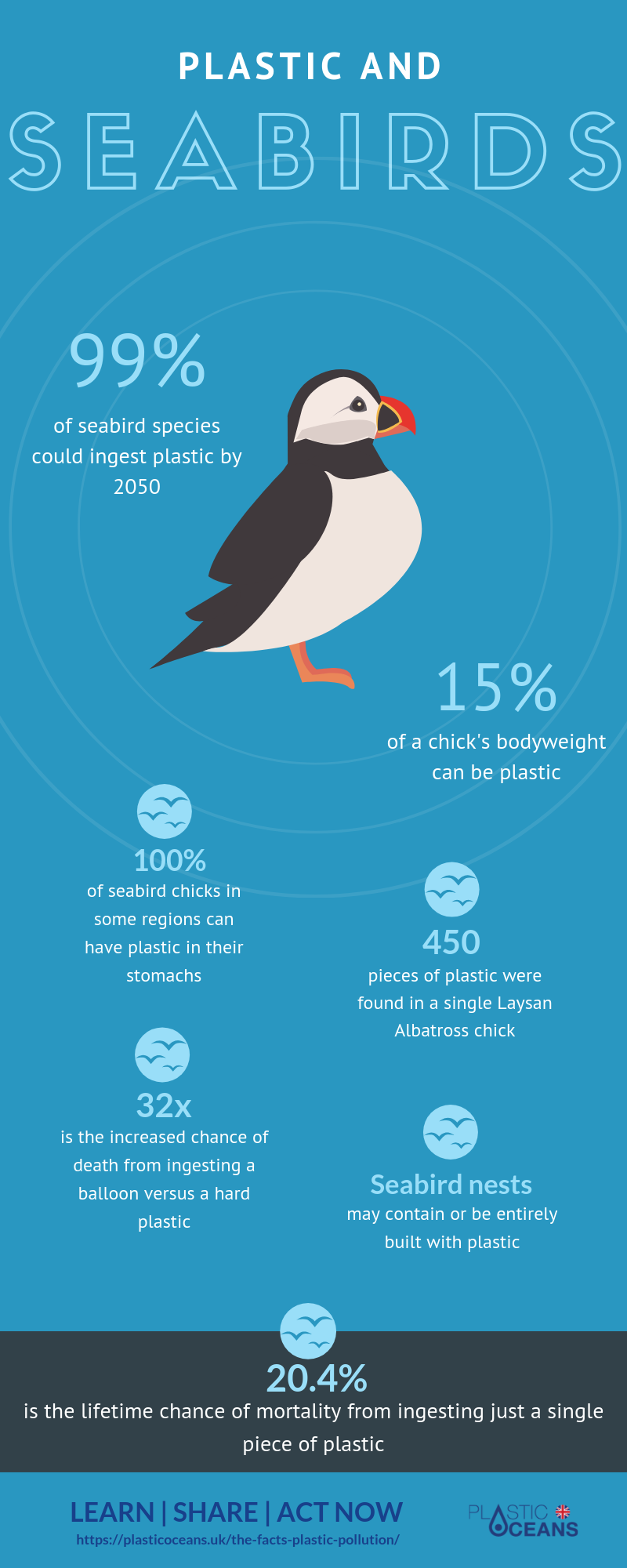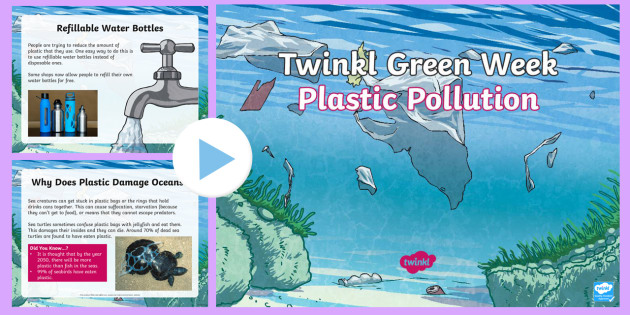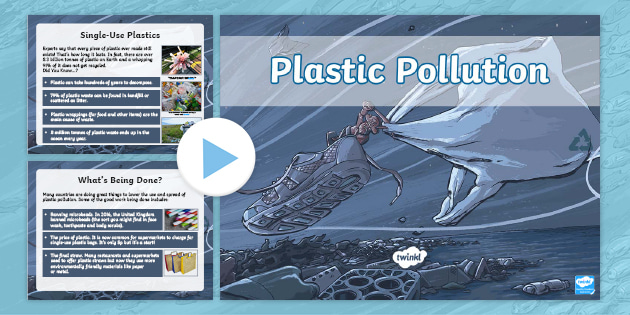There is now 5 25 trillion macro and micro pieces of plastic in our ocean 46 000 pieces in every square mile of ocean weighing up to 269 000 tonnes.
Plastic in the ocean facts ks2.
Turning the tide on plastic it is hoped that as they build their knowledge and understanding they will become aware of a bigger picture and see how seemingly small actions such as using a plastic drinking straw can have far reaching consequences.
Plastic is also accidentally eaten by many species including sea turtles which may mistake plastic bags for jelly fish.
Every day around 8 million pieces of plastic makes.
At least 8 million tons of plastic enter the oceans each year.
Land based pollutants include oil septic sludge dirt and trash.
Animals can become entangled in fishing nets and plastic rings.
Plastic pollution in greensea cove activity 6.
More than 1 million seabirds and 100 000 marine animals die from plastic pollution every year.
But half of the plastic we produce is designed to be used just once and then thrown away and even plastic that can be reused or recycled gets chucked out too.
Ocean pollution kills more than one million sea birds each year.
These guides will cover how plastic enters the environment it s impact on wildlife microplastics and even how it effects on our health.
Our materials are produced by scientific researchers and build on our 10 years expertise as leaders in plastic and the oceans.
It does not break down rapidly and marine life often eats it after mistaking it for food.
Plastic is one of the most common ocean pollutants.
The oceans and plastics pollution ks2 activity handbook for teachers ocean plastics can harm marine life.
But half of the plastic we produce is designed to be used just once and then thrown away and even plastic that can be reused or recycled gets chucked out too.
Shocking ocean plastic statistics.
Here are nine shocking facts about how much plastic is in the oceans.
Microplastics are made of all the main types of plastics used by people.
Every half second this much plastic makes it into the world s oceans.
And so nurdles are now a significant source of ocean and beach pollution and share all the unpleasant properties of other microplastics.
Much of our unwanted plastic ends up in the ocean around 8 million tonnes of it every year in fact.
That s similar to emptying a garbage truck of plastic into an ocean every minute.
Taken at the un s clean seas exhibit in new york.
100 of baby sea turtles have plastic in their stomachs.
Polyethylene polythene polyethylene terephthalate pet pvc or polystyrene.










